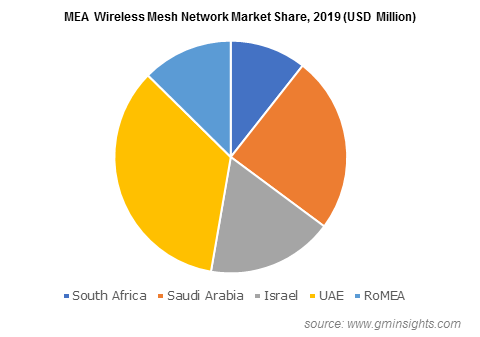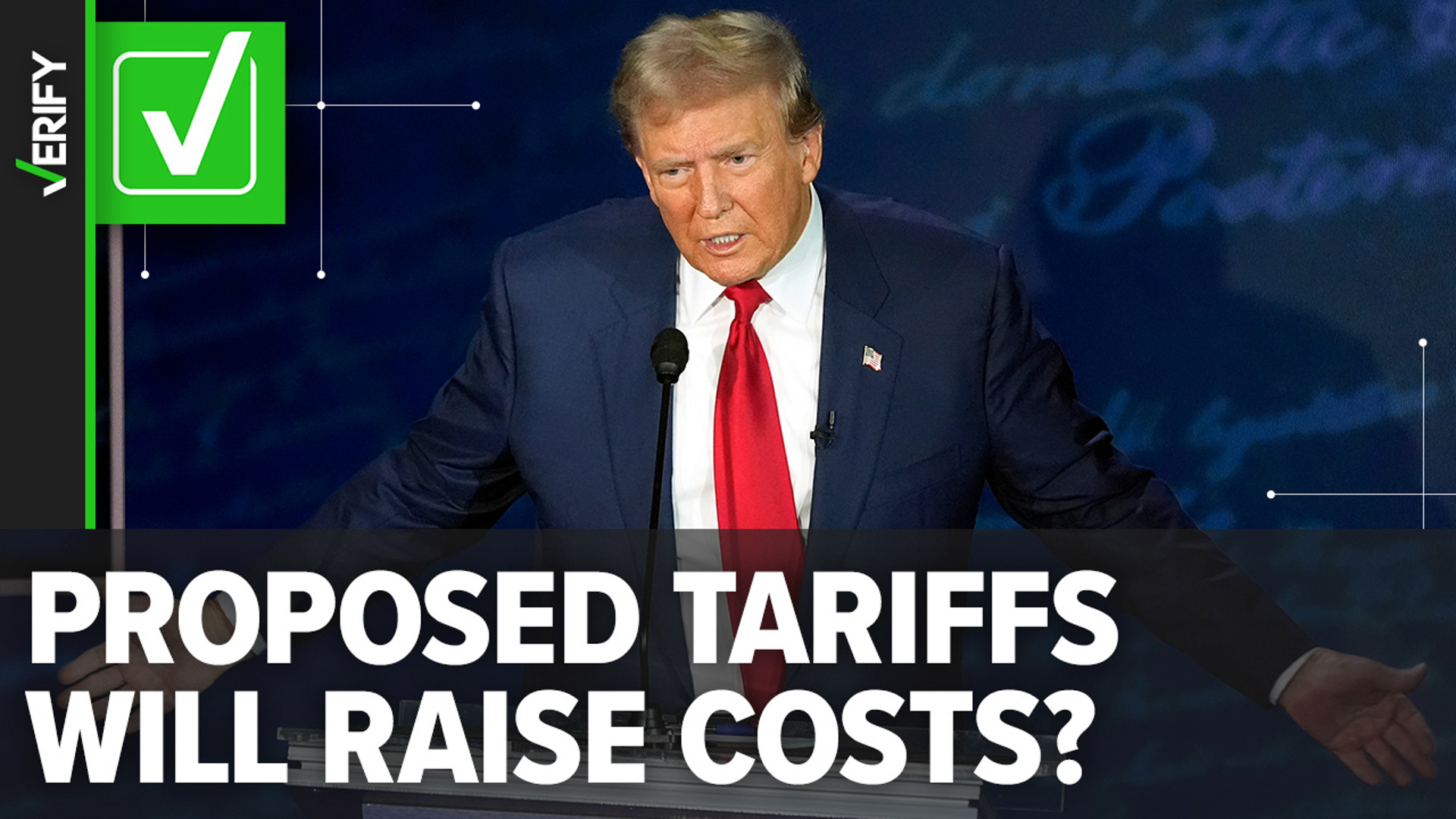OpenAI's ChatGPT Under FTC Scrutiny: Implications For AI Regulation

Table of Contents
FTC's Concerns Regarding ChatGPT and Data Privacy
The FTC's investigation into OpenAI likely centers on ChatGPT's data collection practices and adherence to existing data privacy regulations. Concerns around user data protection are paramount, especially considering the vast amounts of information ChatGPT processes during its operation.
- Unauthorized Data Collection: The FTC is likely investigating whether ChatGPT collects and uses user data without explicit consent, potentially violating data privacy laws. This includes examining the scope of data collection, the methods used, and the purpose for which this data is collected and stored.
- Transparency and Accuracy: Concerns exist regarding the transparency of ChatGPT's data handling processes. Users need clear information about how their data is used, including its potential use for training the model and improving its performance. The accuracy of OpenAI's data handling procedures is also under scrutiny.
- Compliance with Regulations: Potential violations of major data privacy regulations such as the General Data Protection Regulation (GDPR) in Europe and the California Consumer Privacy Act (CCPA) in the US are central to the investigation. The FTC will assess whether OpenAI has fully complied with these and other relevant laws.
- Data Security: The FTC is also likely scrutinizing OpenAI's measures to secure user data and prevent unauthorized access or breaches. The security protocols employed to protect the privacy of sensitive information are a critical element of the investigation.
These concerns are not unique to OpenAI; they represent a broader challenge for the AI industry as it grapples with the ethical and legal dimensions of handling massive datasets. The investigation will likely serve as a benchmark for future data privacy standards in the AI sector.
Algorithmic Bias and Fairness in ChatGPT
Another key aspect of the FTC's investigation involves the potential for algorithmic bias in ChatGPT. As a large language model trained on vast amounts of data, ChatGPT is susceptible to inheriting and amplifying existing societal biases.
- Discriminatory Outcomes: The FTC's investigation will likely examine instances where ChatGPT's responses have been discriminatory, reinforcing stereotypes based on gender, race, religion, or other protected characteristics.
- Mitigation Efforts: The investigation will assess the steps OpenAI has taken to identify, mitigate, and prevent algorithmic bias in ChatGPT. This includes reviewing the methods used for data curation, model training, and output filtering.
- Fairness in AI: The FTC's focus on this aspect reflects a growing understanding that fairness and ethical considerations are crucial in AI development. The investigation will likely influence future efforts to promote fairness and prevent discrimination in AI systems.
- Transparency and Explainability: Understanding how biases emerge and affect ChatGPT's output is a critical part of the investigation. The FTC will likely examine the level of transparency and explainability in OpenAI's systems, highlighting the importance of 'Explainable AI' (XAI) techniques.
Providing examples of biased outputs and discussing the challenges of detecting and mitigating bias in large language models will be crucial in shaping future AI development practices.
Implications for Future AI Regulation
The FTC's investigation into OpenAI and ChatGPT has significant implications for the future of AI regulation globally. It signals a growing recognition that powerful AI technologies require proactive oversight and stringent regulations.
- Precedent for Future Actions: This investigation sets a powerful precedent, potentially leading to stricter regulations for AI companies across various jurisdictions.
- New Laws and Regulations: The outcome could significantly influence the creation of new laws and regulations specifically addressing the development, deployment, and use of AI technologies, potentially affecting the entire AI ecosystem.
- Ethical Guidelines and Standards: The case might accelerate the establishment of robust ethical guidelines and industry standards for responsible AI development. This will help to promote ethical practices and mitigate potential risks associated with AI.
- Risk Management and Compliance: The investigation will likely prompt AI companies to prioritize risk management and compliance with evolving regulations, driving a significant shift in how companies approach AI development and deployment.
Existing AI regulation frameworks, such as the EU's AI Act and various national initiatives, will be profoundly affected by the outcome of this investigation.
The Role of Transparency and Accountability in AI Development
The FTC's scrutiny underscores the critical need for transparency and accountability in AI development. This extends beyond simple data privacy to encompass the entire AI lifecycle.
- Transparency in AI Systems: OpenAI, and the AI industry as a whole, needs to strive for greater transparency in how their systems function, including their data sources, training methods, and decision-making processes.
- Explainable AI (XAI): The development and implementation of XAI techniques are crucial for understanding how AI models arrive at their conclusions and identifying potential biases. This allows for greater scrutiny and accountability.
- Accountability Mechanisms: Robust accountability mechanisms are necessary to hold AI developers responsible for the potential harms caused by their technologies. This includes clear lines of responsibility and effective mechanisms for redress.
- Proactive Ethical Considerations: The investigation emphasizes the importance of incorporating ethical considerations into every stage of the AI development process, from design and development to deployment and monitoring.
Conclusion
The FTC's investigation into OpenAI's ChatGPT underscores the growing need for comprehensive regulation of AI technologies. Concerns about data privacy, algorithmic bias, and the broader ethical implications of powerful AI systems demand a proactive and responsible approach from developers, regulators, and policymakers alike. The outcome of this investigation will likely shape the future of AI regulation, influencing how companies develop, deploy, and manage AI systems globally.
Call to Action: Stay informed about the evolving landscape of AI regulation and the implications for ChatGPT and other similar technologies. Understanding the ethical and legal challenges surrounding artificial intelligence is crucial for navigating this transformative technological era. Learn more about responsible AI development and advocate for policies that promote fairness, transparency, and accountability in the field of AI.

Featured Posts
-
 8 Cagr Projected For Wireless Mesh Networks Market Growth
May 09, 2025
8 Cagr Projected For Wireless Mesh Networks Market Growth
May 09, 2025 -
 Wynne Evans Announces New Career Path Following Strictly Come Dancing
May 09, 2025
Wynne Evans Announces New Career Path Following Strictly Come Dancing
May 09, 2025 -
 French Minister Eu Must Escalate Response To Us Tariffs
May 09, 2025
French Minister Eu Must Escalate Response To Us Tariffs
May 09, 2025 -
 Leon Draisaitls Exceptional Season Hart Trophy Nomination
May 09, 2025
Leon Draisaitls Exceptional Season Hart Trophy Nomination
May 09, 2025 -
 174 Billion Lost How Trumps Tariffs Impacted Top Billionaires
May 09, 2025
174 Billion Lost How Trumps Tariffs Impacted Top Billionaires
May 09, 2025
